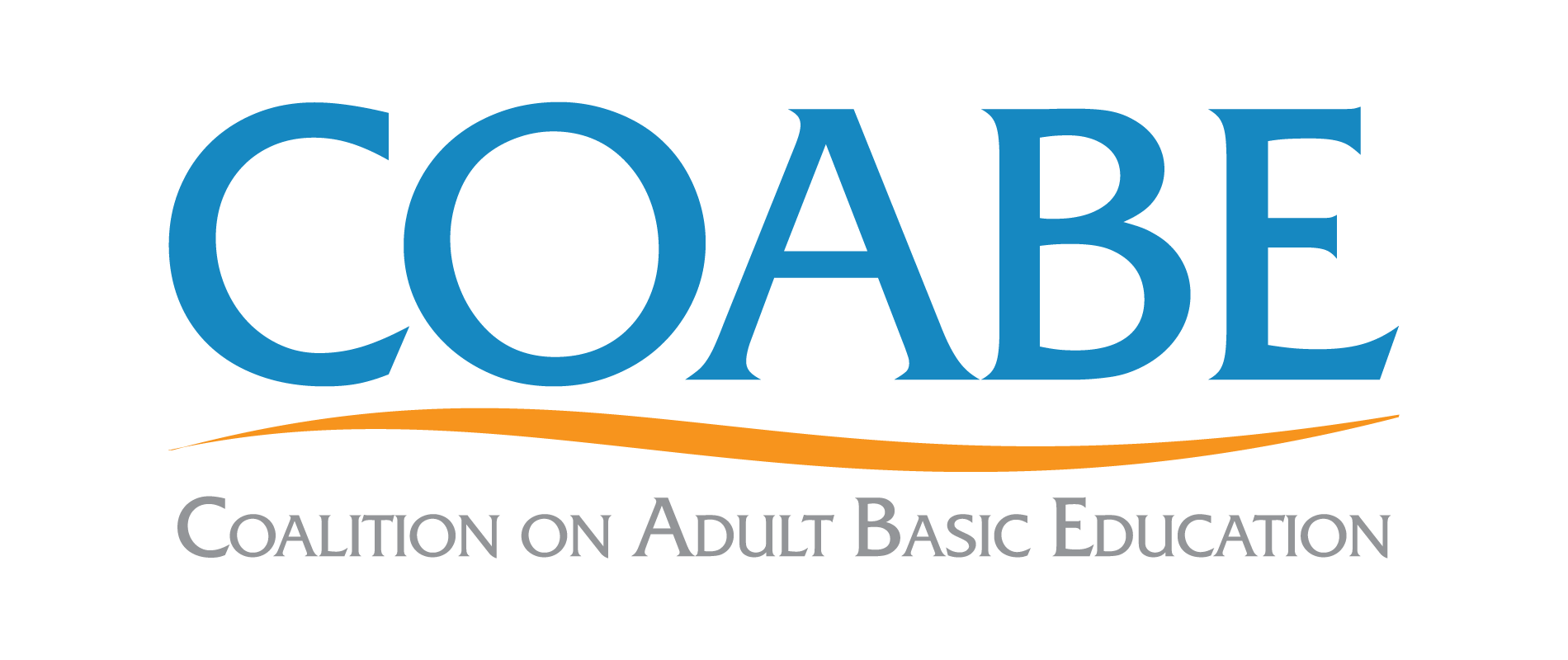Five PIAAC sessions will be presented at the Coalition on Adult Basic Education (COABE) Conference 2019:
Unmasking Barriers to Adult Employment: WIOA, PIAAC Numeracy Skills, and Implications for the Field
Presenters: Melissa Gholson, Leah Katherine Saal, and Katie Herz
Monday, April 1st 11:15am-12:15pm, Balcony I
Using data from the 2012/2014 Programme for the International Assessment of Adult Competencies (PIAAC), we explored relationships between numeracy skills and unemployment for U.S. adults. The study results point to the centrality of advanced numeracy skills as protective of continued employment particularly for marginalized groups like women, older adults, and people of color. While many adult education programs and policies (including WIOA) focus on low literacy skill as a barrier to employment, this study recognizes the role of increasing numeracy skill as critical in reducing the probability of unemployment, particularly the vexing issue of long-term unemployment.
Impact of Parental Education on Adult Skills with PIAAC Data
Presenters: Katie Herz and Becca Shipan
Wednesday, April 3rd 8:00am-9:00am, Balcony I
The Program for the International Assessment of Adult Competencies (PIAAC) results, more than ever, validate the significance of parental education on their children throughout their adult lives, especially on their cognitive skills (literacy, numeracy, and digital problem solving), employment, earnings, education, and health. Participants will learn about these important PIAAC findings and how to use PIAAC resources for funding and educational purposes.
What Does PIAAC Tell Us About Incarcerated Adults’ Skills and Participation in Education?
Presenters: Elizabeth Tighe, Margaret Patterson, and Lionel Smith
Tuesday, April 2nd 8:00am-9:00am, Galerie 3
Join three researchers as they present results from their studies using the Program for the International Assessment of Adult Competencies (PIAAC) Prison Study data. Papers in this session explore the following issues: the relationship between incarcerated adults’ PIAAC reading component skills and Literacy and Passage Comprehension performance, characteristics and skill levels of incarcerated adults with less than a high school education, the role of learning in the lives of incarcerated adults with low skills, and the degree to which demographic and learning-related cognitive skill-level factors influence incarcerated population’s desire to enroll in a pre-associate’s degree education programming or higher while in prison.
What Can the PIACC Reading Components and Demographic Data Tell us About Adults with Limited Literacy?
Presenters: Martin Murphy, Elizabeth Tighe, Gal Kaldes, and John Strucker
Monday, April 1st 8:00am-9:00am, Balcony I
This session focuses on a recently administered international adult literacy survey, the Programme for the International Assessment of Adult Competencies (PIAAC). We focus on low-skilled adults who completed the reading components supplement (print vocabulary, sentence processing, passage comprehension). We are interested in the relations adults’ demographic characteristics, literacy-related activities and practices (e.g., age, race, parents’ education, employment status, readiness to learn, number of books in the home), and their performance on the reading components supplement. More specifically, we examine the relations of the demographics to component skills in different subgroups of adults (native vs. non-native English speakers, selfreported learning disability [LD] vs. non-LD). Participants will learn about the reading component, demographic, and literacy-related items that were administered and the relations among these skills for lowskilled adults. This session focuses on a recently administered international adult literacy survey, the Programme for the International Assessment of Adult Competencies (PIAAC). We focus on low-skilled adults who completed the reading components supplement (print vocabulary, sentence processing, passage comprehension). We are interested in the relations adults’ demographic characteristics, literacy-related activities and practices (e.g., age, race, parents’ education, employment status, readiness to learn, number of books in the home), and their performance on the reading components supplement. More specifically, we examine the relations of the demographics to component skills in different subgroups of adults (native vs. non-native English speakers, selfreported learning disability [LD] vs. non-LD). Participants will learn about the reading component, demographic, and literacy-related items that were administered and the relations among these skills for lowskilled adults.
Bringing Reading Instruction to Life: Using PIAAC Tools to Develop Contextualized Curriculum
Presenter: Amy Trawick
Tuesday, April 2nd 2:45pm-3:45pm, Balcony I
Adults face complex reading tasks on the job, as citizens, and in pursuit of lifelong learning. How can programs/practitioners develop a reading curriculum that supports adult learners in developing the reading skills they need to tackle these real-life tasks? This workshop will utilize tools adapted from the international PIAAC literacy assessment to walk practitioners through two ways of creating contextualized reading curricula: one that starts with the reading standards/skills students need to learn and another that starts with the authentic reading tasks adults need to accomplish at work, in their communities, and/or in postsecondary training/education. Participants will develop an outline for an instructional unit during the session and learn about online resources that aid in curriculum development.









